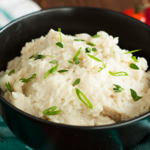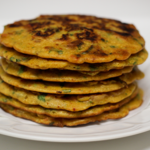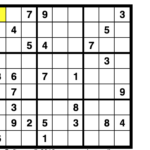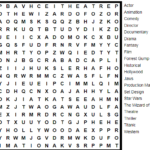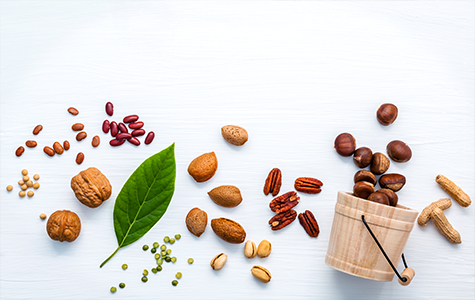 The B vitamins – 1,2,3,6,9, and 12 – play an important role in brain health. They may help prevent dementia and boost the production of neurotransmitters – chemicals that deliver messages between neurons in the brain and body. Without a steady supply of this nutrient, which the body doesn’t store, we are at higher risk for cognitive decline, including memory loss and neurodegenerative diseases such as Alzheimer’s.
The B vitamins – 1,2,3,6,9, and 12 – play an important role in brain health. They may help prevent dementia and boost the production of neurotransmitters – chemicals that deliver messages between neurons in the brain and body. Without a steady supply of this nutrient, which the body doesn’t store, we are at higher risk for cognitive decline, including memory loss and neurodegenerative diseases such as Alzheimer’s.
Many foods are fortified with B vitamins, so deficiencies are rare. For most people, simply eating a well-rounded diet will provide sufficient B vitamins. The best sources are:
- Whole grains
- Fruits
- Vegetables – especially leafy greens
- Beans (legumes)
Vitamin B12, however, is found only in animal products. Therefore, vegans should take a supplement. Also, as you get older your intestines can lose their ability to absorb B12. Keep in mind that some medications, such as those for diabetes or reflux, can interfere with the absorption of B12.
Bring on the Beans
Beans, or legumes, provide a host of benefits including additional fiber, and lowered blood sugar and cholesterol. They are also one of the best sources of B vitamins. Just one serving of beans a day is enough to reap the rewards.
Here are some ways to incorporate these nutritional powerhouses into your daily life:
- Throw a few tablespoons of black beans or chickpeas into your salad
- Add kidney, pinto or white beans to your chili
- Dip carrots and celery into hummus (made from chickpeas)
- Eat soybean foods such as tofu regularly
Some medical conditions can cause Vitamin B to not be properly absorbed requiring the need to take a supplement. Consult your medical provider before taking supplements or vitamins.
Try our simple and delicious 3-Bean Summer Salad from HealthyBrains.org/recipes to up your intake of Vitamin B.




